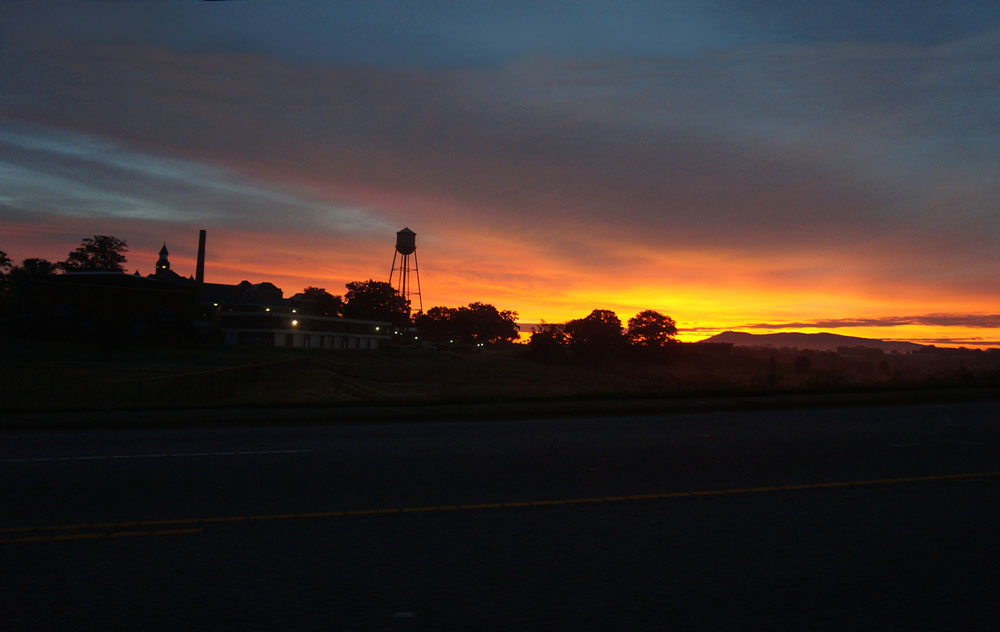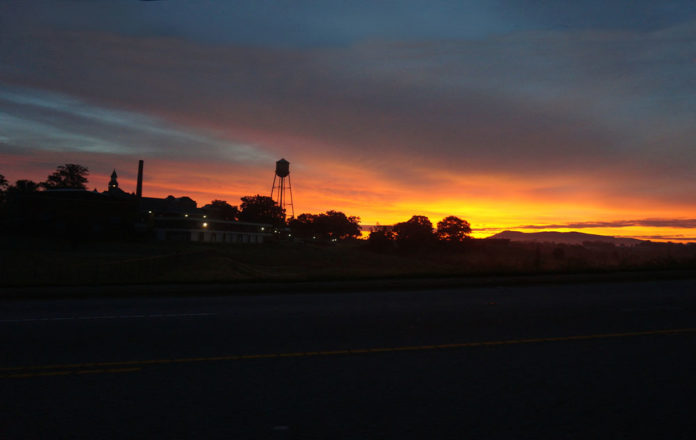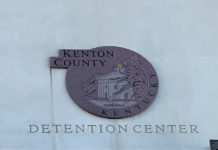An opioid addiction recovery program in Morganton, North Carolina is being planned to help residents of Burke County find help for opioid use disorders.
The addiction recovery program called HARBOUR, which stands for Helping Achieve Recovery through Burke Opioid Use Reduction, is set to launch in January.
Burke Recovery, the nonprofit launching the program, began in 1966 as the Burke Council on Alcoholism and Chemical Dependency (BCACD) after residents wanted to set up educational courses about alcohol abuse. The group was called the Burke County Council on Alcoholism at the time. The group formally changed its name to the BCACD in 1987 after starting the student-assistance program. By 1989, the student-assistance program had been implemented in every school in the county, including incorporating the council into a United Way Agency.
Along with educational services for adolescents, Burke Recovery has been providing substance abuse treatment services for adults since 2010.
Burke Recovery offers five different programs: prevention, outpatient addiction treatment, the Flynn Recovery Community, the B.R.I.D.G.E. program and the Recovery Support program.
The Flynn Recovery Community Program is a special service that only accepts male patients who have been sober for 30 days, have attempted to recover and show that they continue to be committed to recovering from a substance use disorder.
A representative from Burke Recovery indicated that the upcoming opioid abuse treatment program will offer daytime services from 8 am to 4 pm. They also said that Burke Recovery has several partners in this venture including Greenway Transpiration and Burke United Christian Ministries, and that the opioid program will receive a $200,000 grant from the Health Resources and Administration for the first year.
Burke Recovery requested the grant due to the fact that the county had particular needs and it was attempting to fuse its addiction treatment services into one space where patients could receive assistance from multiple agencies if needed.
Burke United Christian Ministries will provide the facility for the addiction recovery program and services will be offered Monday through Thursday.
A Burke social worker will connect with the HARBOUR appointment coordinator and take the patients through the intake process after completing their assigned schedule.
The proposed schedule has patients starting their days with breakfast with a Certified Peer Support Specialist (CPSS). Following that, they would go through team skill building sessions while others would be placed into gender-specific developing gatherings. The CPSS would cater to each patient and their individual addiction treatment needs.
The afternoon schedule would consist of patients taking part in an intermediary agenda and job training. An outside agency will visit the facility to talk to patients once a week and the facility has spiritual coaching available for any patient that needs it.
An addiction recovery program is important in Burke County where 35 people from January to July have visited the emergency department (ED) due to an opioid-related overdose, according to the North Carolina Injury and Violence Prevention Branch. In 2017, 26 people went to the ED for opioid-related overdoses in the same period.
Burke Recovery hopes to become a sustainable addiction recovery program on its own within three years.

















